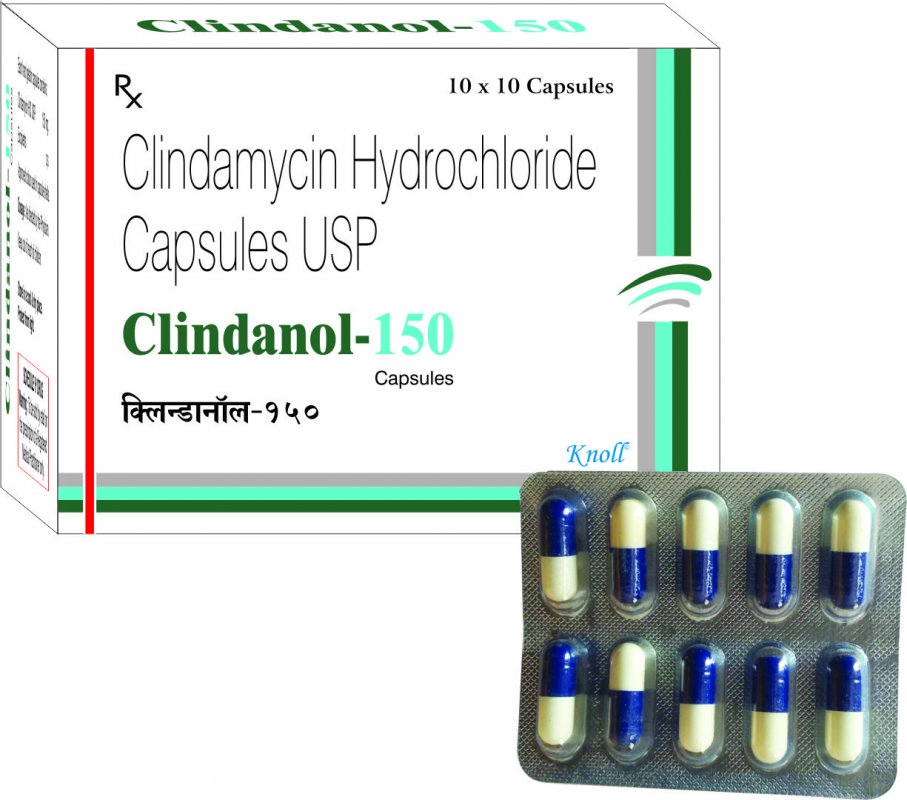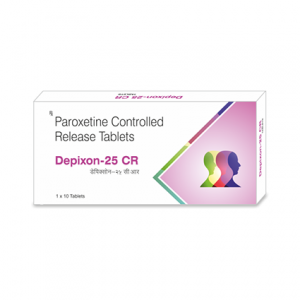
Clindamycin 300mg capsules are an antibiotic treatment for bacterial infections. It is available as a generic medication and is usually prescribed to people who have mild to moderate infections. The capsules are easy to take and can be swallowed with food or water. They should be taken with a full glass of water or other drink to avoid stomach upset. Side effects of Clindamycin 300mg capsules may include diarrhea, nausea, vomiting, headache, and dizziness.
- Clinical Trial.
- Benefits of Clindanol 300mg Capsule.
- Side Effects of Clindanol 300mg Capsule.
- Adverse Reactions. Who are more likely to experience adverse reactions to Clindanol?
- Storage and Handling: How should Clindanol be stored and handled?
- Summary
Clinical Trial
A clinical trial of a new pain medication, clindamycin 300mg capsules, has found that the medication is more effective than a placebo in relieving pain in patients with chronic low back pain. According to the results of the trial, clindamycin capsules are as effective as the opioid tramadol in treating this type of pain.
Benefits of Clindanol 300mg Capsule
Clindamycin 300mg capsules are a treatment option for certain bacterial infections.
This medication is used to treat a variety of conditions, including
- Pneumonia.
- Urinary tract infection (UTI).
- Skin infection.
- Bronchitis.
Clindamycin 300mg capsules are taken orally twice a day. The capsules are also available in a liquid form for children. Side effects of Clindamycin 300mg capsules may include: diarrhea, headache, and nausea.
Side Effects of Clindanol 300mg Capsule
When taking clindamycin capsules, there may be some side effects. The most common side effects include: nausea, vomiting, diarrhea, and headache. Some people also experience ringing in the ears or sensitivity to light. If these side effects are bothersome or if they happen repeatedly, it is best to speak with a doctor about switching to a different antibiotic.
Adverse Reactions. Who are more likely to experience adverse reactions to Clindanol?
Adverse reactions to Clindanol can vary from mild to severe. In general, women are more likely than men to experience adverse reactions. Older people are also more likely to experience severe adverse reactions. People with certain medical conditions, such as heart disease or high blood pressure, are also at an increased risk for adverse reactions.
Storage and Handling: How should Clindanol be stored and handled?
Clindamycin is a antibiotic that can be taken by mouth or intravenously. It is available as a 300mg capsule. Clindamycin should be stored at room temperature and protected from light. It should not be crushed or broken, and it should not be opened unless it is needed for use. Clindamycin capsules should be stored in a dry place away from children.
Summary
Clindamycin 300mg Capsule is a powerful antibiotic that helps fight infection. This medicine is available in capsule form and can be taken by mouth. The most common side effects of clindamycin capsules are gastrointestinal problems, such as diarrhea, stomachache, and nausea.


